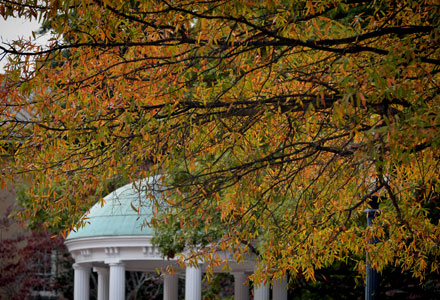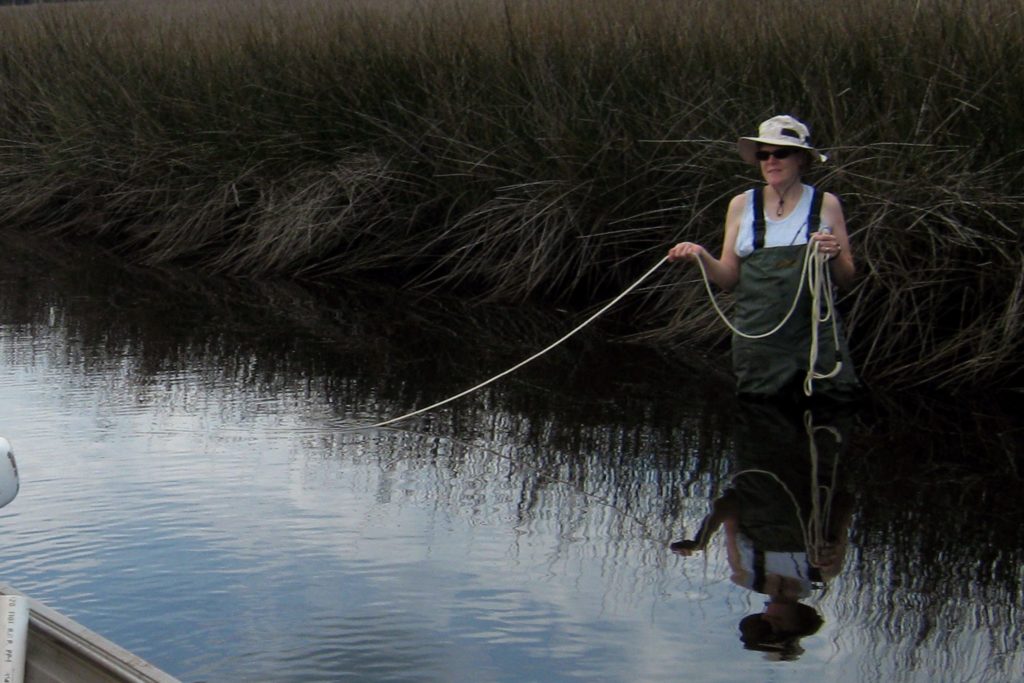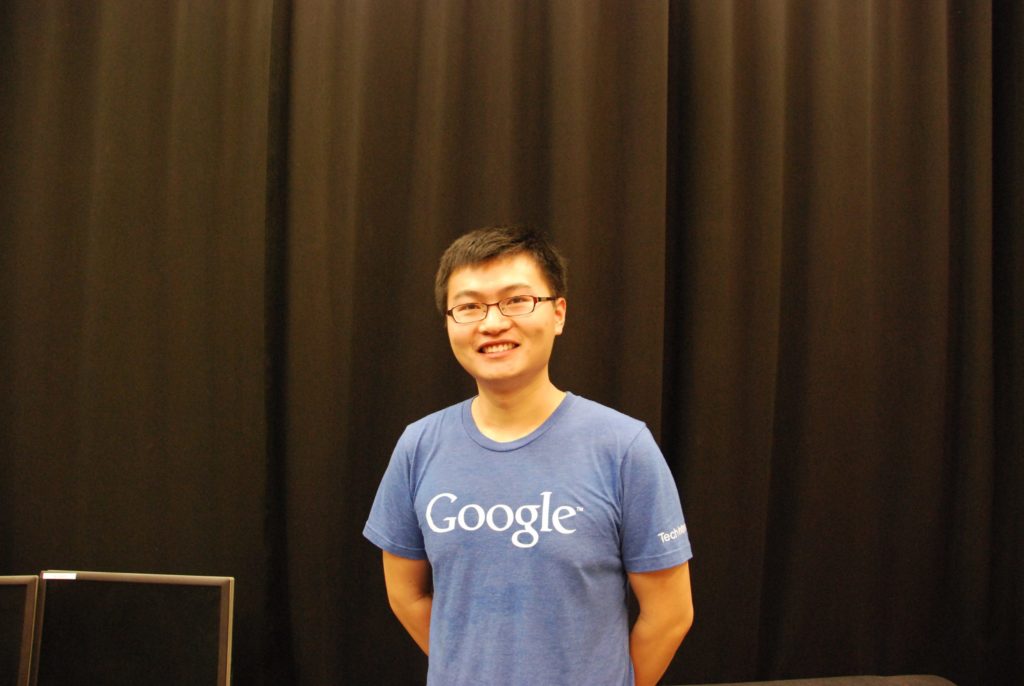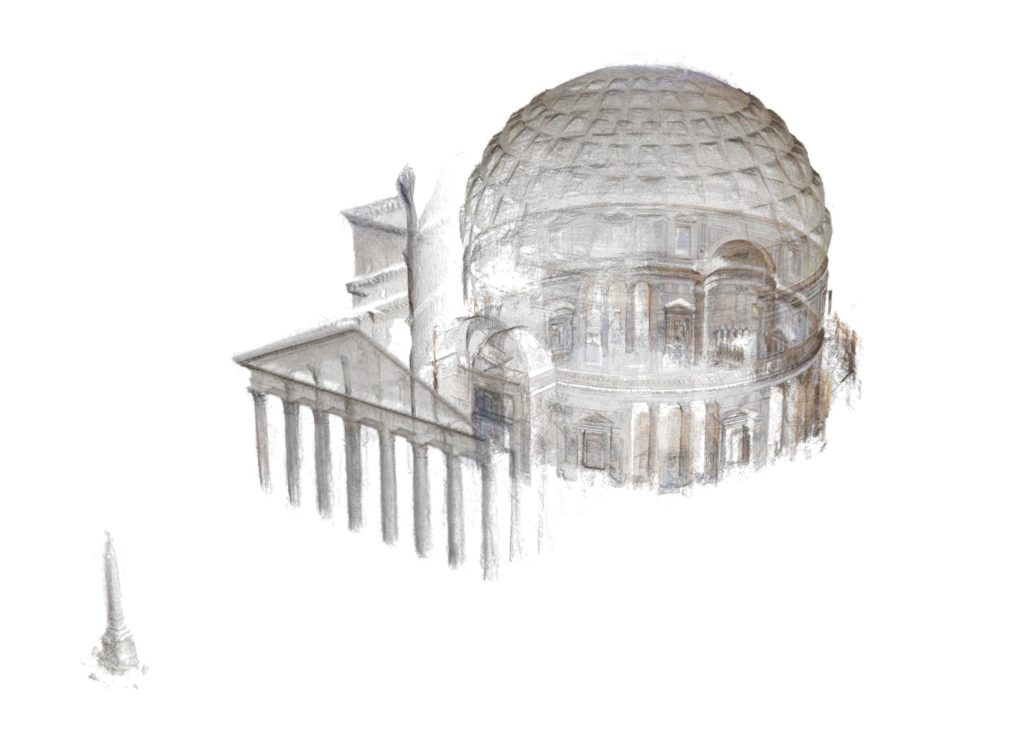Seafood mislabeling is a significant global problem, with health and social consequences. Last spring, undergraduate science students at UNC-Chapel Hill had the opportunity to conduct research on the issue in a new type of research-intensive course that goes by the acronym CURE: course-based undergraduate research experience.
Students enrolled in “Seafood Forensics” learned about the scope of the problem and the challenges that prevent accurate labeling. They learned to develop novel research questions, design and carry out experiments, use DNA barcoding and other technologies to test their samples, and present and report on their results in a journal-worthy format. They also learned a fundamental science lesson — how to cope with unexpected outcomes.
“Our research was focused on the Chapel Hill area, and we were using chain and local restaurants as our source of fish, specifically fish tacos and tilapia,” said junior biology major Chloe Brown. “Our first protocol for extracting DNA wasn’t working very well. We aren’t sure why, but it could have been due to the fact that the fish was cooked and not raw.”
Experiment “surprises” offer important lessons for aspiring scientists and are one of many learning outcomes CUREs offer, said John Bruno, a biology professor who co-developed and co-teaches “Seafood Forensics” with Blaire Steinwand, STEM lecturer, molecular biologist and chair of the team working to expand the CURE initiative.
“Nine out of 10 experiments you try don’t work. That is always a shock to students,” Bruno said. “So we talk about that. It becomes a big part of the course. And, almost by example, they come to see that’s how you cope with the many challenges in science. You don’t quit. You just move forward.”
Faculty and administrators hope to see these types of lessons embedded in the undergraduate science experience and culture over the next five years as they expand CUREs and the number of students who participate in research.
CUREs are one of four major focus areas in Carolina’s latest Quality Enhancement Plan, “Creating Scientists: Learning by Connecting, Doing and Making.” The QEP is a required part of the University’s reaccreditation process, which occurs every 10 years.
Unlike traditional labs, where students conduct prescribed experiments to achieve already proven results, CUREs immerse students in the scientific process, placing them in team settings with faculty scientists to develop and test their own questions.
Research shows that students who participate in CUREs tend to become more interested in science and more confident scientists, and they pursue graduate education and careers in sciences in greater numbers. CUREs have proven particularly effective for engaging underrepresented populations.
The CURE team envisions expanding the number of courses so that a majority, if not all, science majors experience a CURE within their first three semesters at Carolina. Converting required courses into CUREs could quickly and significantly diversify the population of students who participate in research, Steinwand says.
Several CUREs are already offered. Bruno and Steinwand continue to offer “Seafood Forensics.” Chemistry assistant professor Leslie Hicks converted an existing entry-level course to a CURE last fall by expanding the four-week research component to an entire semester. Students in her “Honors Laboratory in Separations and Analytical Characterization of Organic and Biological Compounds” use a variety of biochemical and analytical techniques to characterize previously uncharacterized kinases, which are a type of enzyme important in cell signaling.
Nita Eskew, director of undergraduate laboratories, another member of the CURE team, began offering an APPLES service-learning CURE in the spring, “The Chemistry of Purslane,” in partnership with the Carolina Campus Community Garden. Students work in the garden, caring for and harvesting purslane, an edible medicinal plant, and focus their laboratory investigations on analyzing its concentrations of antioxidants.
Geological sciences professor Drew Coleman, associate dean for First Year Seminars, and Allen F. Glazner, Mary Lily Kenan Flagler Bingham Distinguished Professor, alternate teaching a fall First Year Seminar CURE, “Field Geology of Eastern California.” It offers a hands-on introduction to research in active geologic and environmental processes, from active volcanoes and earthquake-producing faults to extreme climate change.
To learn more about CUREs, visit qep.unc.edu.
Story by Cyndy Falgout for the College of Arts & Sciences. Video by Rob Holliday of University Communications. The text story was published first in Spring 2017 issue of Carolina Arts & Sciences, produced by the College of Arts & Sciences




